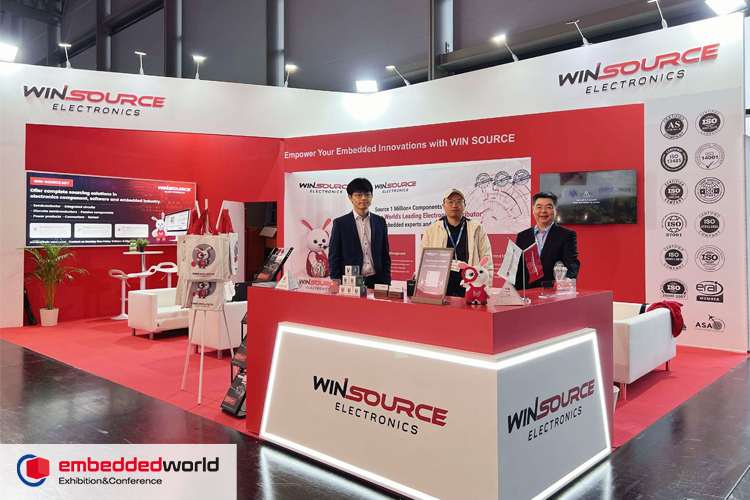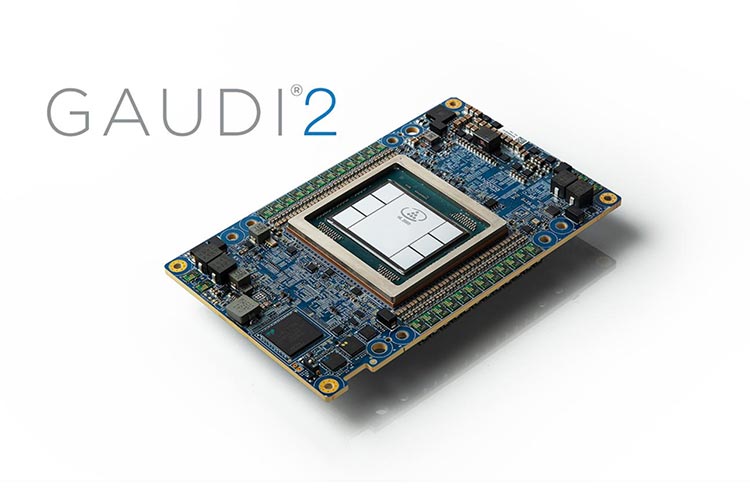MLCommons published results of its industry AI performance benchmark, MLPerf Training 3.0, in which both the Habana® Gaudi®2 deep learning accelerator and the 4th Gen Intel® Xeon® Scalable processor delivered impressive training results. The current industry narrative is that generative AI and large language models (LLMs) can run only on Nvidia GPUs. New data shows that Intel’s portfolio of AI solutions provides competitive and compelling options for customers looking to break free from closed ecosystems that limit efficiency and scale.
The latest MLPerf Training 3.0 results underscore the performance of Intel’s products on an array of deep learning models. The maturity of Gaudi2-based software and systems for training was demonstrated at scale on the large language model, GPT-3. Gaudi2 is one of only two semiconductor solutions to submit performance results to the benchmark for LLM training of GPT-3. It also provides substantially competitive cost advantages to customers, both in server and system costs. The accelerator’s MLPerf-validated performance on GPT-3, computer vision and natural language models, plus upcoming software advances make Gaudi2 an extremely compelling price/performance alternative to Nvidia’s H100.
On the CPU front, the deep learning training performance of 4th Gen Xeon processors with Intel AI engines demonstrated that customers can build with Xeon-based servers a single universal AI system for data pre-processing, model training and deployment to deliver the right combination of AI performance, efficiency, accuracy and scalability. As the lone CPU submission among numerous alternative solutions, MLPerf results prove that Intel Xeon processors provide enterprises with out-of-the-box capabilities to deploy AI on general-purpose systems and avoid the cost and complexity of introducing dedicated AI systems.

















